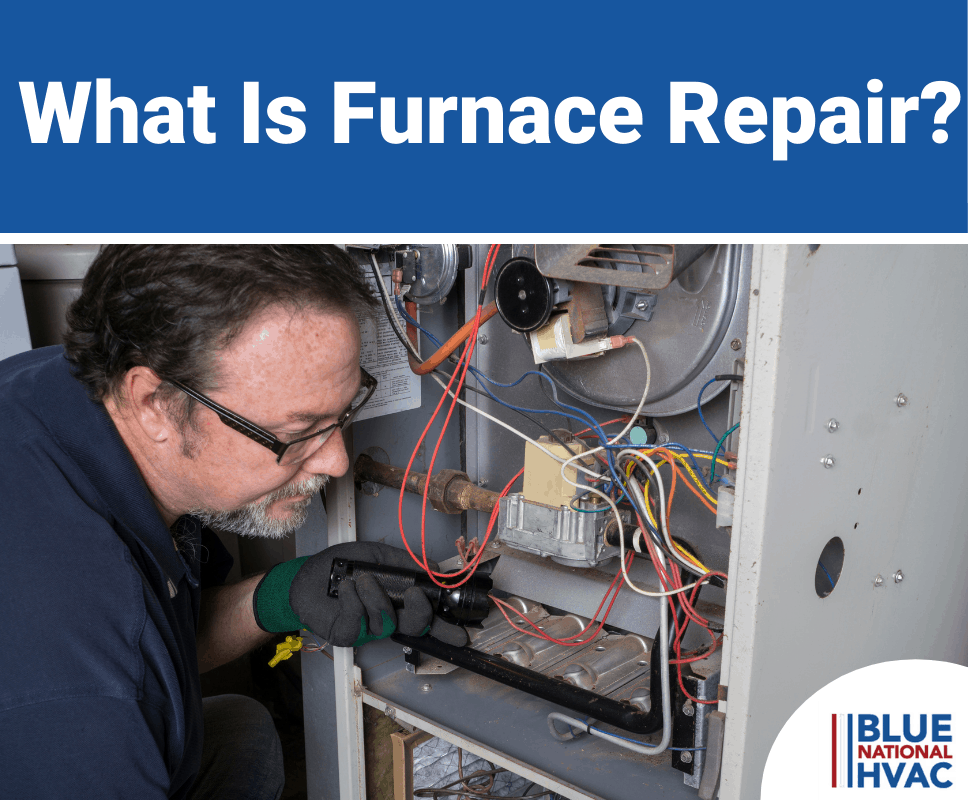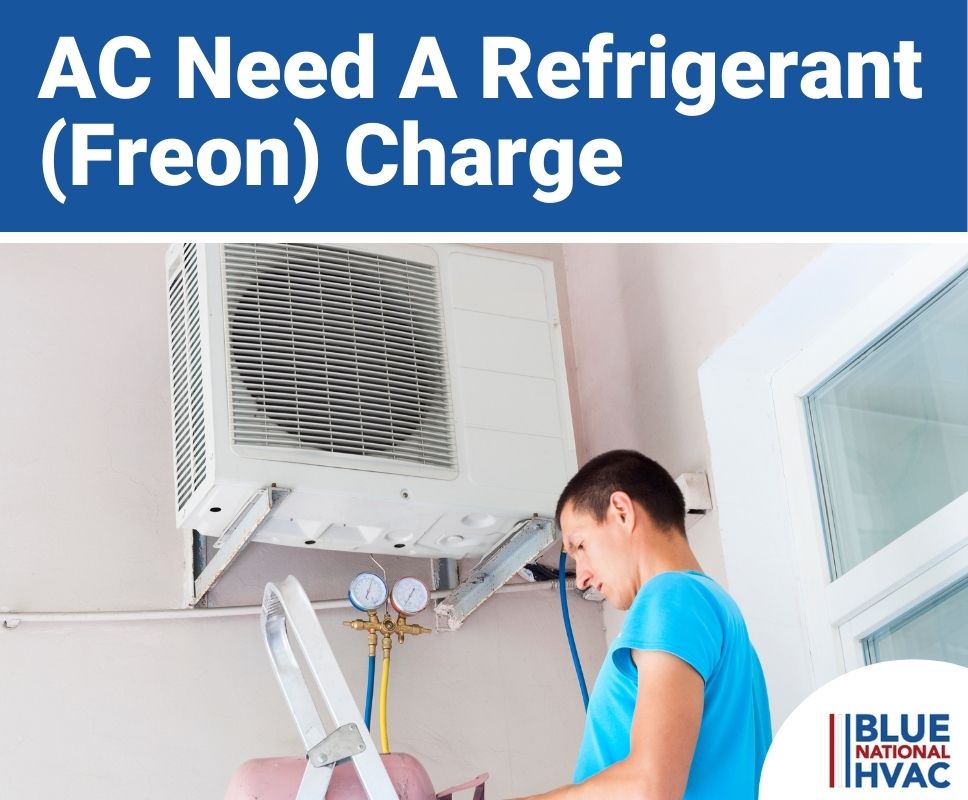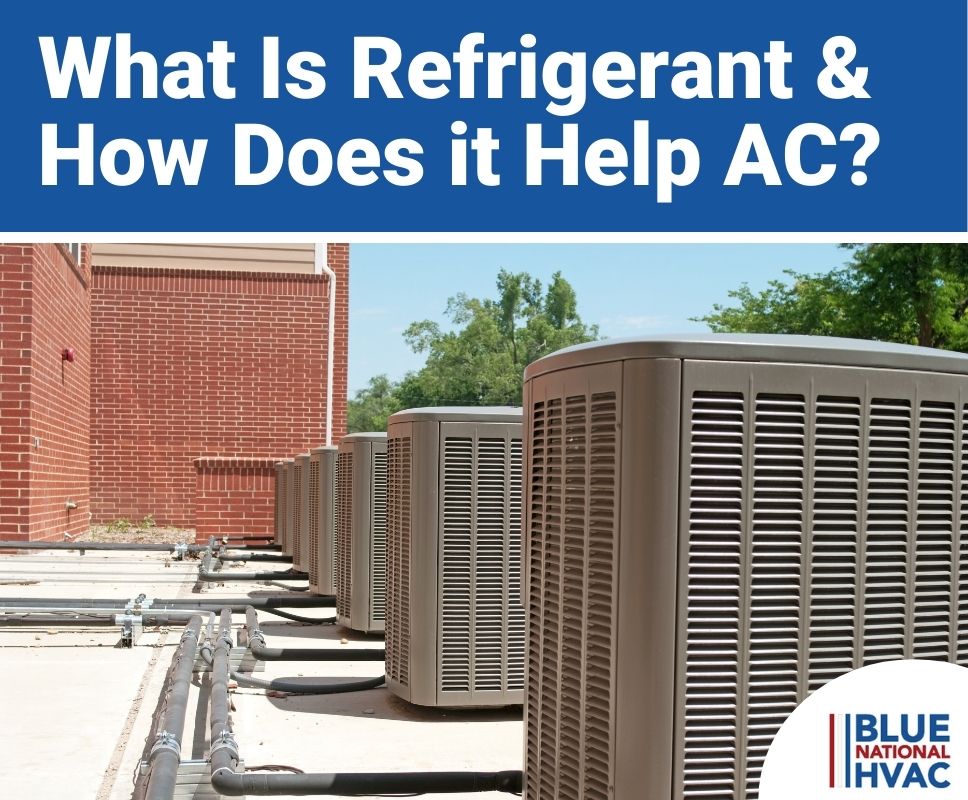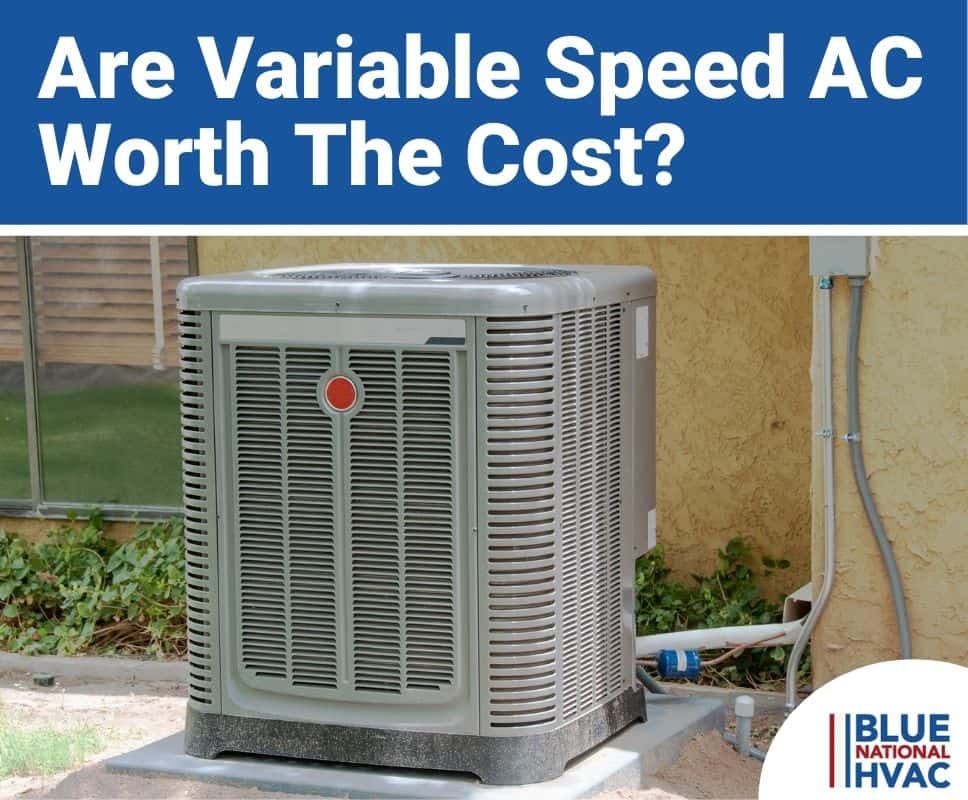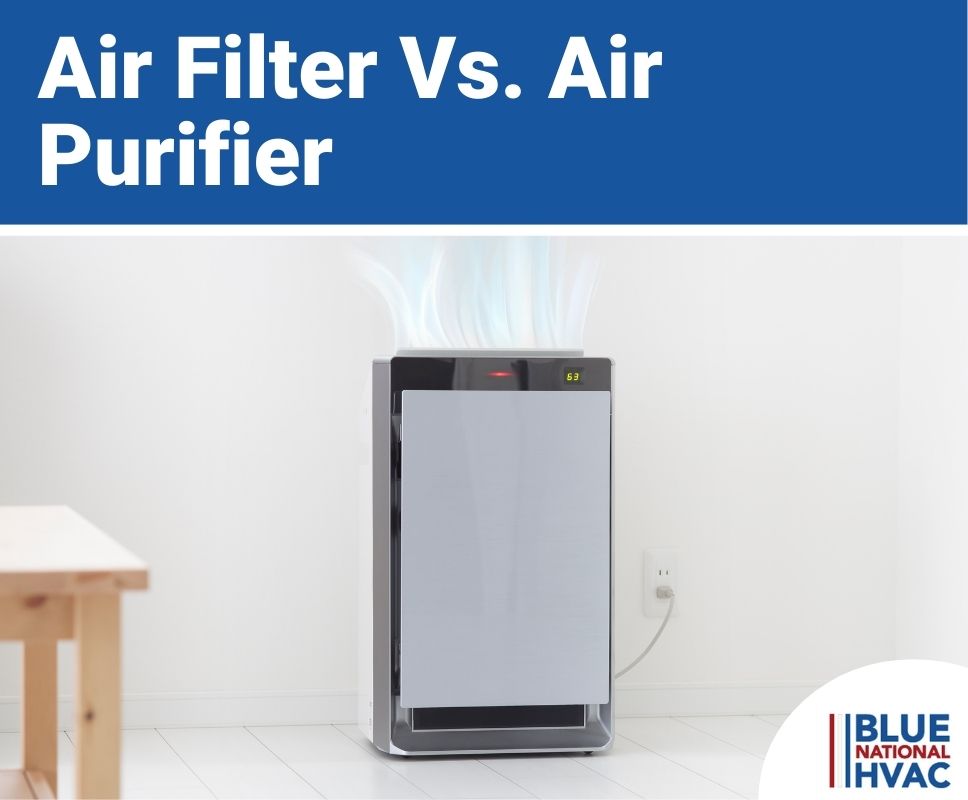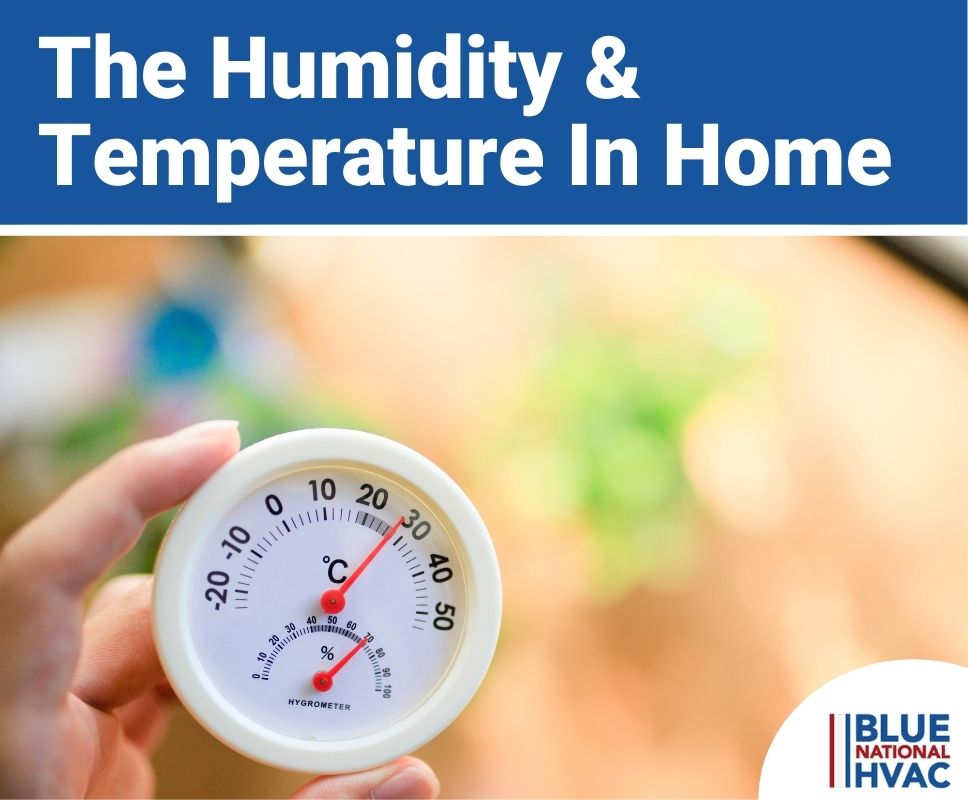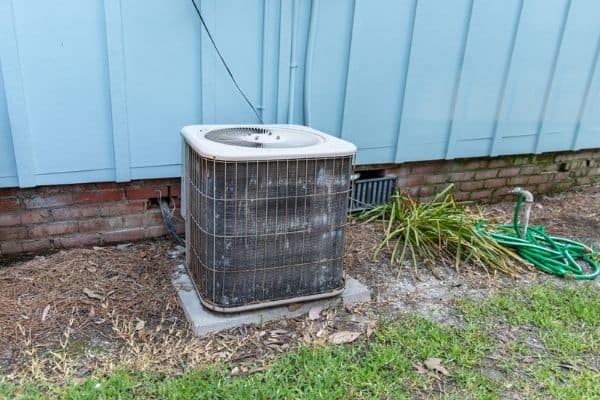11 Common Furnace Problems and Repairs
In the dead of winter, your furnace may fail on you. In some instances, the furnace may not provide enough heat, or it may stop working altogether, leaving you chilled to the bone.
The good news is that, while some furnace issues require a professional HVAC technician’s help, most of them can be solved by homeowners themselves.
Here’s a list of the 11 most common furnace issues and fixes.
Thermostat Isn’t On or Accurate
One of the most common issues with furnaces is the thermostat itself. The thermostat is the brains of your air conditioner and heating system, and if it is not providing your furnace with the proper signals to run, your home won’t be adequately heated.
If you notice heating issues in your home, the first thing you should check is the thermostat. Make sure it is set to “heat mode” or “heating.” If the thermostat does not have power, check your breaker box and flip the breaker back if it has tripped.
If your thermostat has more extensive issues, like reading a widely inaccurate temperature, it will need to be replaced. Thermostats have lots of wiring and programming during installation. To get the replacement done right, only hire certified HVAC technicians to do the job. Call us today if you need assistance!
Blocked Vents – Clear Them
Closed supply vents in your home should be another aspect of your HVAC system you should check right away if you’re having heating issues. Closed supply vents block the flow of hot air into your home which is why you should never close more than 2-3 of them at once.
Additionally, make sure furniture, clothing, pets, etc., are not blocking the supply vents as well.
The Furnace Isn’t Making Heat – Reset the Circuit Breaker & Check Safety Switch
If your furnace is not turning on at all, there are two things you can check. The first thing is the circuit breaker in the breaker box. If the breaker is off, flip it back to the on position. If the breaker keeps tripping, call an HVAC technician to inspect and repair the issue.
The second thing that could prevent the furnace from turning on is the safety switch on the furnace door. The safety switch prevents the blower and burner from turning on when the access panel is removed.
If the safety switch fails, it will need to be replaced with a functioning switch for the furnace to operate. To replace the safety switch, turn the power off, disconnect the old switch, wire in the new safety switch, and then test it out.
If wiring a new safety switch is over your head, our HVAC technicians can help. Just give us a call!
Low Air Flow? Check the Filter.
Another furnace “repair” that most homeowners can do independently is cleaning or changing their furnace filter.
When the filter is very dirty, it can become clogged with dust and dirt that will prevent air from passing through. Clogging prevents the hot air from reaching the rooms in your home.
Clean the dirty filter if it is a replaceable unit and switch it out with a new one if it is disposable.
Blower Runs Forever? Check the Thermostat Setting & Limit Switch.
If you notice that your furnace blower is always one, check the thermostat setting. A blower that runs for extended periods of time will have a shorter lifespan. For optimal comfort in your home, the fan setting on the thermostat should be set to “auto.” If it’s set to “on,” the blower will run continuously until you turn it off.
Another problem that could cause your furnace to run continuously is a bad limit switch. The limit switch turns the blower on when the furnace fires and turns it off once the heat clears from the burner.
Limit switches are designed to fail open, which means when it fails – the furnace won’t fire at all.
Replacing a limit switch is a complicated process. To ensure safety, it should only be replaced by an HVAC repair specialist.
Dirty Flame Sensor? Clean It!
The flame sensor is another safety feature that all gas furnaces have. The flame sensor is a rod located in the back of the furnace directly in the path of the burner.
It prevents the unsafe burning of gas. When the flame sensor gets dirty, it might not sense the flame correctly and make the furnace run incorrectly or not at all.
To clean the flame sensor.
- Flip off the circuit in the breaker box that powers the furnace
- Remove the flame sensor and clean all dust and dirt off of it
- If you notice oxidation, clean it with steel wool
- Reinsert the flame sensors and turn the power back on
Loud Ducts or Furnace? Call an HVAC Specialist!
A pop or two from your ductwork every now and then is not an issue. However, when your ductwork is noisy consistently with screeching and vibration sounds, it could be a symptom of reduced airflow from blockages, a clogged burner, or a mechanical component failure.
Noise issues can range from too little duct insulation to failing belts on the blower motor. They could also be a sign of a bad pilot light.
If your furnace is making lots of odd sounds, check and clean the filter. If that doesn’t reduce the noisiness, you’ll need to call an HVAC service person to investigate and repair the issue.
Rapid Cycling Furnace? Replace the Air Filter.
If your furnace is turning on then turning back off quickly, a common cause of this is a blown-out air filter or one that is clogged with dust. If your furnace is cycling on and off intermittently, check the filter and replace it.
If the filter is new and clean and the furnace is still cycling, the problem could be stemming from mechanical failures such as a worn-out fan belt or a bad flame sensor. An HVAC contractor should repair these types of mechanical failures.
No Gas? Check the Pilot Light.
If your furnace is not getting any natural gas supplied to it, it won’t have anything to burn to generate heat in your home. The gas line will run from the supply gas meter on the side of your home to the furnace, and along the gas line, there should be a valve.
Ensure the valve is open so that your furnace can be supplied with gas to burn.
Additionally, if there is no gas supply, the pilot light may have been extinguished (sometimes they go out in the off-season too). Re-lighting a pilot light is easy, and instructions for your particular furnace can be found in the owner’s manual or on the furnace’s door.
Gas Smell? Leave Your Home!
If you ever smell the unique “rotten egg” or sulfur smell of natural gas, leave your home immediately. Natural gas is odorless by nature, and the noticeable sulfur odor is added to it as a safety precaution.
The smell of natural gas in your home means there is a gas leak. Since it can cause fires and be hazardous to your health when inhaled, you should leave and call the emergency line and the gas or utility company right away.
How Can You Tell If Your Furnace Needs To Be Repaired?
Furnace issues are usually rather apparent, especially when your home is not being heating.
Suppose your home is staying cold despite troubleshooting the thermostat, pilot light, circuit breaker, air filter, and other common simple repairs.
In that case, there’s likely a failed component that needs to be repaired or replaced.
Is It Better To Repair Or Replace A Furnace?
Depending on the components of the furnace the are failing, it may be better to replace your furnace as opposed to repairing your existing one. Whichever option you end up choosing to do, you should have it done before the winter months.
Preparing for a furnace installation or repair months before you actually need it gives you valuable time to compare your options and schedule the maintenance or installation.
While each furnace situation is different, consider the following factors.
Carbon Monoxide
Carbon monoxide (CO) is an odorless gas. If your furnace is emitting enough to set off your CO alarms, replace the system as soon as possible. Carbon monoxide inhalation is fatal if levels get too high in your home.
If you notice moisture droplets on the windows and walls, rusting/corrosion on pipes, charred soot marks around the furnace, or a yellow burner flame (instead of blue), your furnace can be emitting CO.
Additionally, if you or others in the home feel nauseous, disoriented, forgetful, and have headaches, these are all signs of CO poisoning.
If you notice any signs of excess CO in your home, move all occupants outdoors immediately and call the fire department. Lastly, call the gas company to turn off your home gas supply.
The Furnace’s Age
A good rule of thumb is to repair your furnace if it is less than 15 years old. If it is more than 15 years old, consider replacing it altogether.
Furnaces older than 15 years are more likely to break down and require more repairs, more often, which could end up costing close to the price of a new furnace!
Increased Energy Bills and Less Effectiveness
If your heating bill is trending up the last few years, it may be time to replace the furnace. Heating bills tend to rise over the years with the fluctuations in gas prices, so consider this when comparing older heating bills.
Comparing the gas usage over time would be a better representation as you can see if your gas usage has increased recently.
If your furnace is becoming less effective at heating your home combined with an increased heating bill, it is time to consider replacing your struggling furnace with a new one.
The Cost of Repairs
If your furnace is breaking down routinely, it’s not just an annoyance, it’s a money pit.
Depending on which components fail, you could be footed with a significant bill. While you contemplate your next expensive repair, consider the cost of a new heating system against the total repair costs.
If the repair is half the cost of a new furnace (or greater), you should replace the furnace. If you were to repair the old furnace, the chances are high that it would require another costly repair in the new future. That is why experts recommend getting a new furnace in this scenario.
What Are The Benefits Of Furnace Maintenance?
The main benefits of routine furnace maintenance are extending the lifespan of your system and reducing costly equipment failures. Furnace maintenance should not be neglected; it’s a mechanical device just like a car that requires service to keep it running correctly.
In total, furnace maintenance provides the following benefits:
- Better efficiency, less gas used, and a lower heating bill
- Improved indoor air quality
- Better heat control and comfort in the home
- Less frequent costly repairs
- Longer furnace lifespan
- Safety, less likely to produce CO or gas leaks
What Is Involved With Furnace Maintenance?
Routine furnace maintenance is undoubtedly beneficial for your heating system and home comfort. When you schedule maintenance with one of our HVAC technicians, they will check and inspect the following furnace components:
- System control board, ignition system, and voltage/current
- Verify the pilot light is lit
- Igniter test
- Gas pressure test
- Flue inspection
- Fan belt tension
- Test exhaust
- Heat exchanger
- Test for CO and gas leaks
- Thermostat
- Inspect/clean flame sensor or thermocouple
- Change/clean air filter
How Often Should You Get A Furnace Tune-Up?
Your furnace should be checked at least once per heating season. The flame sensor, ignition, blower, pilot light, and vents/ductwork should all be checked before the cold winter temperatures roll in for the year.
When they are being checked, regular maintenance such as oiling the blower motor and cleaning the flame sensor can be completed.
The furnace air filter should be checked once per month and replaced every one to six months depending on the quality of the air filter and the home’s air quality.
Call us today to learn more about our preventative maintenance packages.
When To Call An HVAC Specialist
Diagnosing furnace issues is often a difficult task. For every time there’s a simple solution, like the thermostat being off, there’s a severe component failure elsewhere.
If you fall into the group where your furnace isn’t working despite the basic troubleshooting, give our expert HVAC technicians a call for help. Not only can we get your heat back on, but we can set you up with an air conditioning and heating maintenance plan to keep you comfortable for good!

